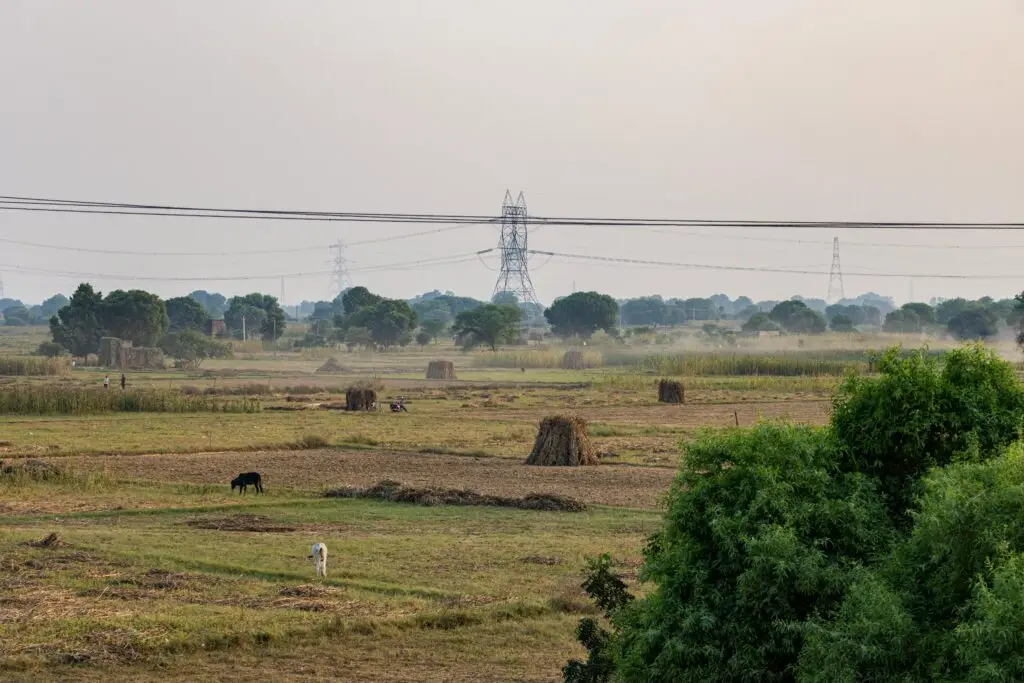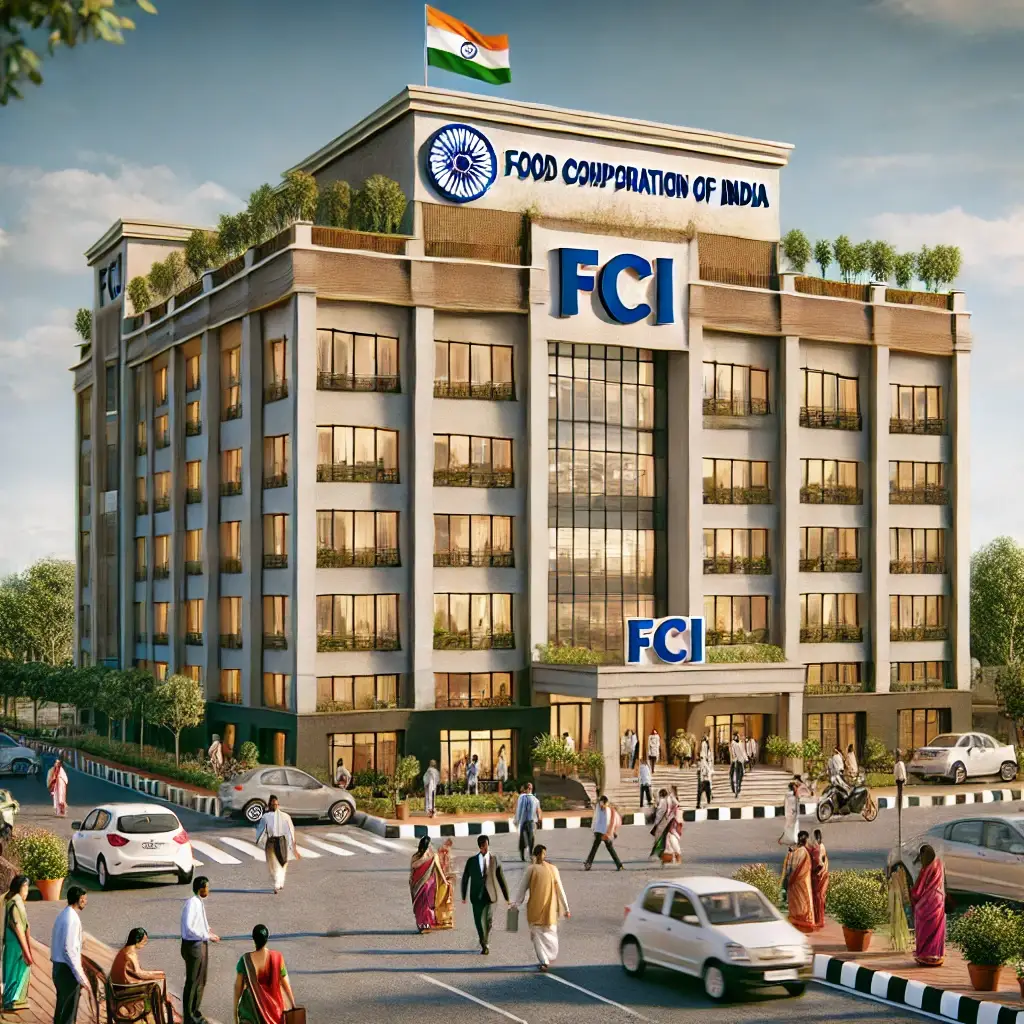
The Food Corporation of India (FCI), one of the largest public sector undertakings under the Ministry of Consumer Affairs, Food, and Public Distribution, plays a critical role in ensuring food security for the nation. As a large organization with a vast workforce, FCI operates across multiple zones, divisions, and states. In such a structure, employee transfer policies, including mutual transfers, play an essential role in maintaining operational efficiency while addressing the personal and professional needs of employees.
Understanding Mutual Transfers
Mutual transfer refers to a process where two employees from the same cadre, but posted at different locations, agree to swap their places of posting. This mechanism is primarily aimed at addressing personal constraints, such as family proximity, health concerns, or career aspirations, while ensuring minimal disruption to organizational operations. Mutual transfers are particularly significant in organizations like FCI, where postings are spread across diverse and sometimes remote locations.
Eligibility for Mutual Transfer
- Same Cadre and Rank: Mutual transfers are generally permissible only for employees who belong to the same cadre and hold the same rank. For instance, two Junior Engineers or two Managers in the same grade can apply for a mutual transfer.
- Probation Period: Employees must have completed their probation period to be eligible for mutual transfers.
- Service Tenure: A minimum tenure of service at the current location (often two or three years, depending on FCI rules) may be required before applying for a transfer.
- Consent: Both employees involved in the mutual transfer must provide their written consent for the process.
- Approval from Competent Authority: The mutual transfer application must be approved by the competent authority, typically at the zonal or headquarters level.
Procedure for Mutual Transfer
- Application Submission: Employees willing to undergo a mutual transfer must submit a joint application. This application includes details such as employee name, employee code, designation, current place of posting, and the desired place of posting.
- Verification: Both employees’ records are verified to ensure eligibility. This includes checking tenure, cadre, rank, and disciplinary records.
- Consent of Zonal/Regional Offices: Both the current and proposed zones/regions must provide their consent for the transfer. Coordination between zones is often required for seamless processing.
- Approval Process: The application is forwarded to the competent authority for final approval. The timeline for approval varies depending on organizational exigencies.
- Relieving and Joining: Once approved, the employees are issued transfer orders. They must be relieved from their current postings and join their new postings within the stipulated time frame, usually within 30 days.
Benefits of Mutual Transfer Policy
- Employee Satisfaction: Mutual transfers offer a practical solution for employees seeking proximity to their families or a preferred location. This enhances job satisfaction and productivity.
- Cost-Effective: Unlike other transfers, mutual transfers do not impose significant financial burdens on the organization, as the swapping mechanism minimizes relocation expenses.
- Operational Continuity: Since the transfer involves a one-to-one replacement, it ensures minimal disruption to work at both locations.
- Transparency: The process, being based on mutual consent and established guidelines, is transparent and fair to all employees.
Challenges in Mutual Transfers
- Coordination Issues: Since mutual transfers involve two employees, any delay or disagreement from one side can stall the process.
- Regional Imbalance: Frequent mutual transfers may lead to staffing imbalances in certain regions, particularly remote or less-preferred locations.
- Approval Delays: Administrative bottlenecks, including delays in obtaining approvals from different zones, can hinder the timely execution of mutual transfers.
- Policy Interpretation: Variations in policy interpretation across zones can lead to inconsistencies in the application process.
Suggestions for Improving the Policy
- Digital Portal for Applications: FCI can introduce a centralized digital portal where employees can register and match mutual transfer requests. This will streamline the process and reduce administrative delays.
- Standardized Guidelines: Ensuring uniform interpretation and implementation of mutual transfer policies across all zones can improve consistency and fairness.
- Periodic Reviews: Regular review of the mutual transfer policy to address emerging challenges and incorporate employee feedback can enhance its effectiveness.
- Incentives for Remote Locations: To prevent regional imbalances, FCI could offer additional incentives to employees working in less-preferred locations, making these postings more attractive.
- Timely Approvals: Setting a defined timeline for processing mutual transfer requests can reduce uncertainties and improve employee morale.
Conclusion
The mutual transfer policy of the Food Corporation of India is a vital tool for balancing organizational needs with employee welfare. By allowing employees to exchange postings voluntarily, the policy fosters flexibility and satisfaction without compromising operational efficiency. However, for it to function optimally, consistent implementation, technological support, and regular policy reviews are essential. As FCI continues to evolve in its mission to serve the nation, fine-tuning its transfer policies will contribute significantly to building a motivated and engaged workforce.
For more information, you can visit the following important links:
You can make your profile here to find mutual transfer partner




